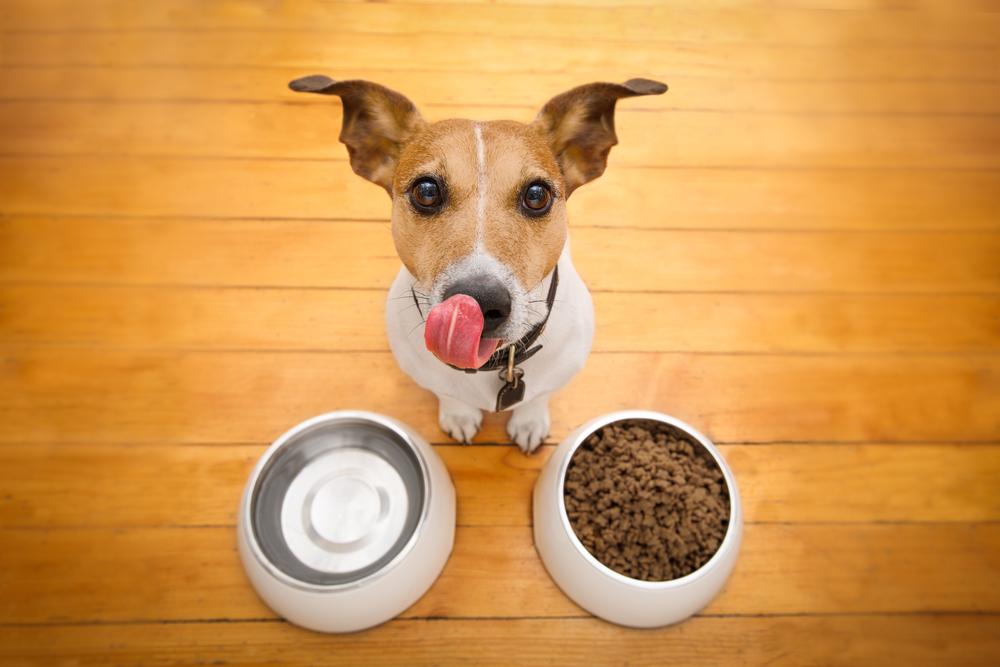Essential Questions to Ask When Adopting a Boxer Puppy
Learn essential questions to ask breeders before adopting a Boxer puppy. Discover what documents and procedures are important, from pedigree to vaccinations. Get tips on puppy-proofing your home and ensuring a smooth transition for your energetic new family member. Make an informed decision and provide the best environment for your Boxer puppy’s health and happiness.

Essential Questions to Ask When Adopting a Boxer Puppy
Boxers are lively, affectionate, and playful dogs known for their friendly nature. They are great family companions and act as loyal protectors. With their spirited personality, they often display patience with children but can be wary of strangers, responding bravely when their loved ones are at risk. Ranked the 11th most popular breed by the American Kennel Club, Boxers are both pets and guardians. Before bringing home a Boxer puppy, here are important considerations:
Typically, puppies are ready to be adopted at around eight weeks old. If your schedule is tight or you have infants, consider older puppies that may adapt more quickly to your environment.
These energetic pups need regular engagement to prevent behavioral issues. When purchasing a Boxer puppy, inquire about specific procedures: Has the tail been docked? Were the ears cropped? Ear cropping is optional and typically done between six and nine weeks; if you prefer this, coordinate with the breeder to complete it before taking the puppy home.
Reputable breeders should provide certain documents before selling a Boxer puppy, including:
Pedigree Records: Details of three or four generations of lineage, including registration numbers with the AKC.
AKC Registration: Official documentation showing birth date, registration number, gender, parent details, and breeder information. This is mandatory during purchase.
The breeder should also supply written details on:
Vaccinations: Include dates and proof of vaccinations; consult your vet for future immunizations.
Worming: Record of treatment dates and medications used; follow vet recommendations for ongoing worm control.
Diet: Continue the same feeding routine initially; introduce changes slowly. Offer two small meals daily once settled.
Ensure your home is puppy-proofed as Boxers tend to chew on household items. Prepare your environment before bringing your new puppy home.









